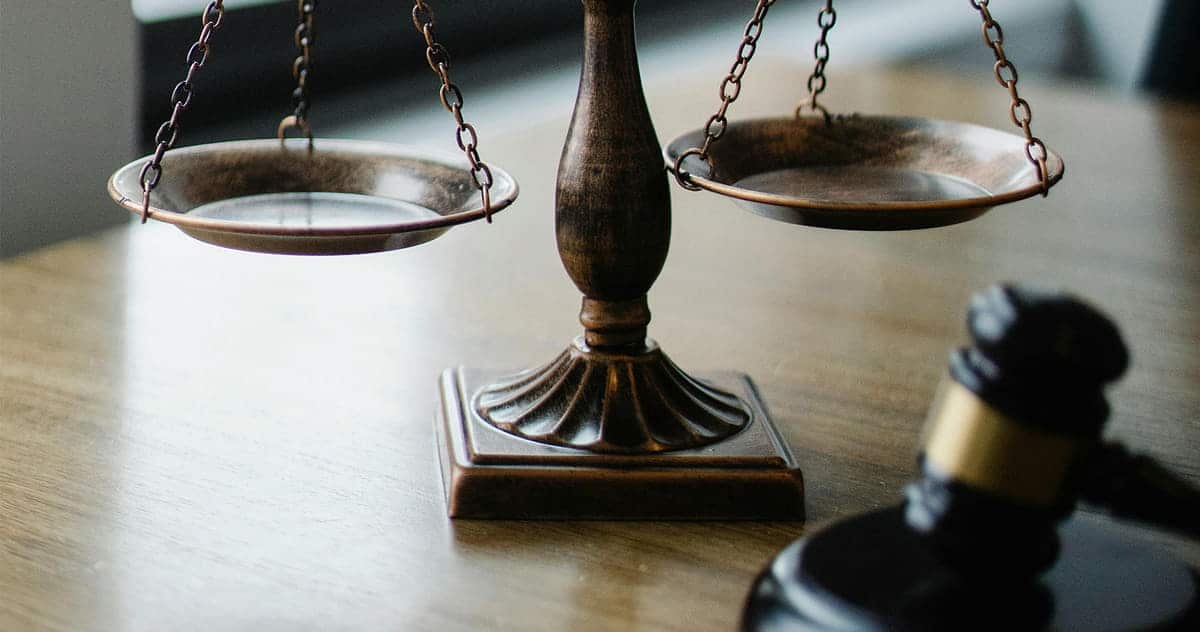Determining if you have a personal injury case worth pursuing is more complicated than it may initially seem. Experiencing an accident that leaves you injured doesn’t automatically mean you can substantiate a claim for personal injury.
One of the most important factors in determining if you have a valid claim is your ability to demonstrate that the accused parties had a duty of care toward you, breached this duty, caused your injuries, and that these injuries led to financial losses and/or impaired your ability to work. There are many other factors to consider, which is why we don’t recommend taking on the complicated task of establishing a personal injury case alone.
If you’re unsure of what steps to take following a personal injury in Virginia, Washington, D.C., or Maryland, enlist the help of an Ashcraft & Gerel accident claim lawyer. Our top-rated attorneys offer free case reviews to discover the details of your accident. We’re proud to have some of the best lawyers for personal injury cases, who have extensive experience and are passionate about securing just compensation and seeking justice for personal injury victims.
Keep reading to discover the factors that impact the validity of your personal injury case and how Ashcraft & Gerel can help.
What Could Qualify As a Personal Injury Case?
Many people believe that the only injuries that qualify for a personal injury case are ones that occur to a person’s body. The most common types of personal injury claims arising from bodily harm that our attorneys can take on your behalf involve (but aren’t limited to):
While injuries to the body are commonly seen in personal injury cases, you could also have a case if your injuries include non-bodily harm.
On What Grounds Can A Personal Injury Case Be Filed?
There are three grounds for establishing a personal injury case, and they are as follows:
Negligence
Negligence is the most common basis for establishing liability in a personal injury lawsuit. When it comes to cases that involve negligence, the goal is to ascertain if someone acted as a “reasonable person.” Under legal standards, all members of our communities are expected to act as reasonable persons by avoiding actions that could lead to harm to another person. Failure to do so means they breached the previously mentioned “duty of care,” and they can be held liable for your injuries and damages.
Strict Liability
This basis primarily holds manufacturers and designers of defective products liable for your injuries. In these cases, you don’t have to establish negligence. No matter the intent of the designer or manufacturer of the product, they can be held responsible if their product leads to your injury.
Intentional Wrongdoing
These cases are sometimes less complicated to determine fault because they arise from someone’s intentional act(s) to cause physical or emotional harm. Called “intentional torts,” these cases are often the result of battery, harassment or assault, trespassing on land or chattels, and purposely causing emotional distress.
Understanding Regional Nuances of Your Personal Injury Claim
The world of personal injury law can be complex, and regional variations can add another layer of confusion. Knowing how location affects your claim can be crucial in maximizing your potential compensation. Here’s a breakdown of two key factors to consider:
- Doctrine of Contributory Negligence: This legal doctrine applies in Maryland, Virginia, and Washington D.C. It differs from the more common “comparative negligence” standard used in many other states. Under contributory negligence, if you are found to be even 1% at fault for your accident, you may be barred from receiving compensation, even if the other party holds a majority of the blame. This highlights the importance of a thorough investigation to build a strong case and determine fault.
- Statute of Limitations (SoL): Each state has a legal deadline, known as the SoL, for filing a personal injury claim. Missing this deadline can significantly limit your legal options, even if you have a strong case. The SoL can vary depending on the specifics of your case and the state you’re in.
Understanding these regional nuances can be critical in determining the viability of your claim and the best course of action. While this information provides a general overview, it’s important to consult with an accident claim lawyer in your specific jurisdiction for personalized legal advice.
RESULTS THAT MATTER

You Can Trust Your Personal Injury Case to Ashcraft & Gerel
An injury can leave you facing a mountain of medical bills, lost wages, and the emotional toll of recovery. The last thing you need is the added burden of navigating a complex legal system. At Ashcraft & Gerel, we understand the overwhelming stress you may be feeling during this time. That’s why we recommend contacting an experienced attorney as soon as possible if you believe you may have a personal injury case.
For over 70 years, Ashcraft & Gerel has built a reputation for excellence in personal injury law. We have some of the best lawyers for personal injury cases who have a long history of securing significant compensation for satisfied clients. Our team is passionate about fighting for the rights of the injured, and you can trust us to be your relentless advocates.
Don’t wait to seek legal guidance. Schedule your free consultation today, and let Ashcraft & Gerel stand by your side. We’re here to help you navigate the legal complexities of your case and fight for the justice you deserve.
- Why Hire an Attorney for Your Injury Case?
- When Should You Contact a Personal Injury Lawyer?
- Can You Afford a Personal Injury Lawyer?
- Who Is Liable in Your Injury Case?
- What Damages Can You Collect in a Personal Injury Case?
- How Is the Value of Damages Determined for Your Claim?
- How To Get The Most From Your Personal Injury Settlement
- What Evidence Is Needed for a Personal Injury Claim?
- What Is the Process for Starting Your Personal Injury Case?
- What Should You Expect From Ashcraft & Gerel During Your Case?
- Why Ashcraft & Gerel Might Not Take Your Case
- How To Get The Most From Your Personal Injury Settlement


